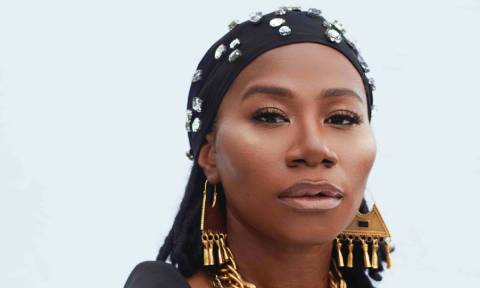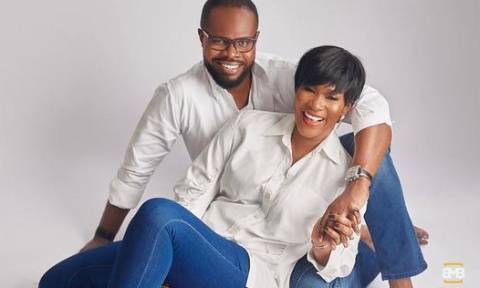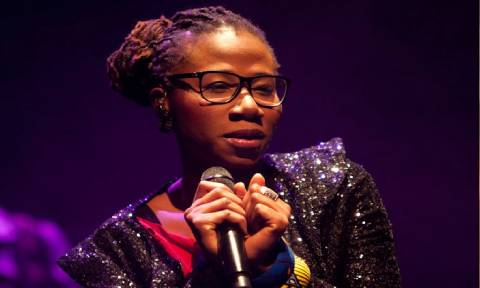In an interview with CNN, the award-winning singer, Asa said “In Paris, I don’t think about gender, I have to fight being from Nigeria, being from Africa … gender is not a problem. In Nigeria, I have to fight (for my) gender.”
The 39-year-old singer also dealt with the understanding in the Nigerian space that to be female and successful indicated sleeping all the way to the top so Aṣa had to prove to family that it wasn’t the case.
Aṣa who recently released her fifth album “V” noted that her gender influenced the early years of her music career. She narrated how she wore big clothing to hide her femininity and was just interested in delivering at her job. However, this cost her s–uality to be questioned with comments she often got “Are you even a woman? What’s wrong with you?”
She talks about her music influences like Bob Marley, Fela Kuti and was motivated by the positive impressions their music stirred.
On gender equality she said “I think we can find a balance,” she said. “No one is saying with the new wave of feminism we have to be on top, above; I’m just saying we could be equal and respect each other.”
Bukola Elemide (born 17 September 1982), professionally known as Aṣa, is a Nigerian-French singer, songwriter, and recording artist.
Aṣa was born in Paris to Nigerian parents who were working and studying cinematography in France. Her family returned to live in Nigeria when she was two years old. Her parents hails from Itoku, Abeokuta South local government area, Ogun State, Nigeria but Aṣa grew up in Lagos city, in the south-western part of Nigeria, and 18 years later, returned to Paris, where her life as an artist took off. She has three brothers with her being the fourth and only female child of the family.
Asa’s music influences grew over the years from the collection of great music her father had built up for his work as a cinematographer. These records featuring American, Nigerian and African soul classics, included musical greats such as Marvin Gaye, Fela Kuti, Bob Marley, Aretha Franklin, King Sunny Adé, Diana Ross, Nina Simone, Miriam Makeba. Aṣa drew inspiration from the collection of her father’s playlist.




















